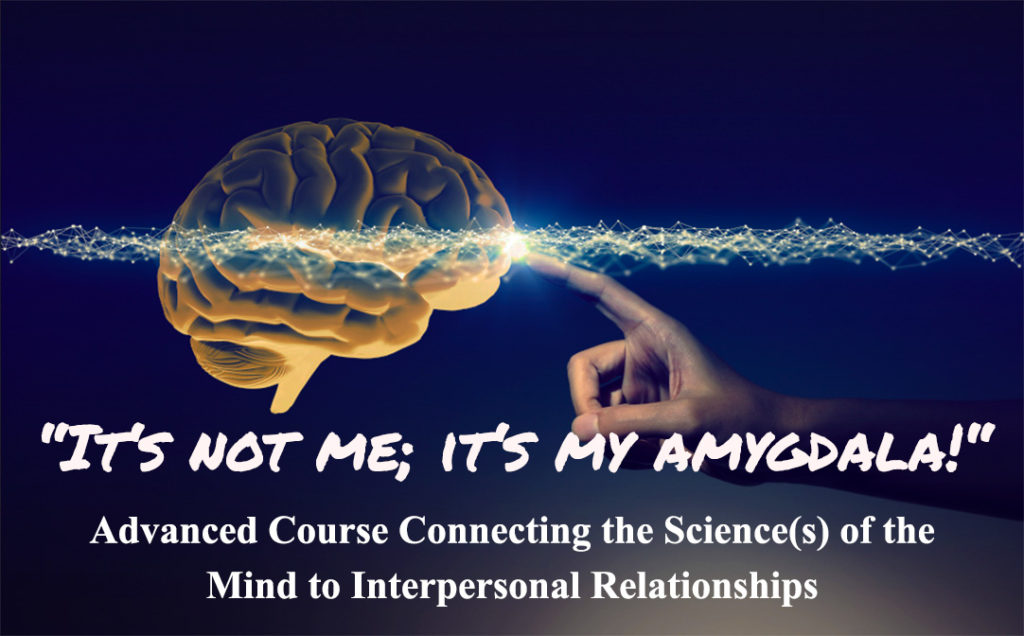Podcast: Play in new window | Download (Duration: 40:59 — 93.8MB)
Subscribe: Apple Podcasts | Spotify | Amazon Music
Calm is contagious, too! Coping through Coronavirus.
Our hearts hurt for those affected by COVID. Those who are ill, survivors of those taken by the virus, service employee's continuing to work, front-line medical and science warriors, those who lost their job or savings, those who are isolated alone and those stuck at home in harsh relationships or with kids out of school and needy… it's all relative. It doesn't help to compare pain – pain is pain – we all need support through this coronavirus pandemic. Period.
So let's clasp hands and co-regulate one another through this as best we can.
In this episode, Sue and Ann discuss how we are collectively processing the coronavirus pandemic and provide some tools on how we can regulate our emotions during these coronavirus times. We are having experiences that are creating emotions that we do not normally have from a day-to-day basis and will have to understand how to process.
Get the Facts but don't Rubber-Neck (southern term I think, slowing down and looking hard at a wreck on the freeway even though you don't really want to see). Use social media purposefully, don't get hooked watching the stats there is nothing to see there that will help us cope. It's being covered each time as new news, so our nervous system stays in alert. Limit social media and create your bubble of safety.
Use sources you trust and don't act from rumors.
Name your feelings – identify the specific source rather than live in ocean of free-floating anxiety. Better to be afraid for your mom or your 401 K than feel the weight of anxiety globally.
Connect socially as part of your ADL's – activities of daily living.
Breathing Techniques – Breathing in for a count of 5 and exhaling for a count of 5.
Imagery – Imagining a sense of calm and safety in your environment and community. Use your mind to soothe and comfort yourself – this is neuroscience and it actually works! Add a safe person, place or animal that comforts you.
Perspective matters – this will end.
Interconnectedness – We are all experiencing this collectively. You are not alone. The virus does not discriminate it's a great equalizer even though we aren't equally effected (it hits marginalized communities hardest).
Know what you can and cannot control – We cannot predict what will happen. We can control what we focus on, what information and how much information we are consuming.
Our global actions can have a global impact.
Recognize what is happening;
Allow the experience to be there, just as it is;
Investigate with interest and care;
Nurture with self-compassion.
Acknowledge the thought that comes to mind.
Pause your reaction and breathe.
Pull back and understand that thoughts are not always your own.
Let go of the thought or feeling.
Explore the present moment.
Stop. Touch. Go.
- Resources and Links to recent articles:
TU64: Mindfulness Meditation with Yoga Therapist Kelly Inselman
TU63: Living with Cancer – The Six Principles of Emotional Healing with Guest Kelly Inselmann
TU52: Using Mindfulness, Movement and Yoga to Manage Arousal, with Guest Kelly Inselmann
Our course on Attachment and Neuroscience has been recently released and is now available! And, since you are deep into these show notes then you are one of us, so get 10% off by putting in code OURCLAN. 🙂
While this course is utilized heavily by clinicians (CE’s available!), all who are interested in deepening security in yourselves and your relationships are welcome to participate.
It is a full 4 hours of curated content!
CLICK HERE FOR MORE INFORMATION
______
Want to help us keep going?
 We have pledged 50% of all corporate profits & merch sales (very fun swag!) to organizations that support mental health access to those traditionally left out of mainstream healthcare. We can only do that with the help of our Neuronerd private community.
We have pledged 50% of all corporate profits & merch sales (very fun swag!) to organizations that support mental health access to those traditionally left out of mainstream healthcare. We can only do that with the help of our Neuronerd private community.
By joining as a Neuronerd premium subscriber, you get a dedicated ad-free feed, deeper dives into select content and first shot at very unique study opportunities. If we've provided value then please check us out, poke around, make sure you feel comfortable and then join us today!
BOOK of the MONTH – get it for free right here
For the Love of Men A New Vision for Mindful Masculinity by Liz Plank
A preview of our next episode – an excellent discussion of gender that's appealing to everyone!














